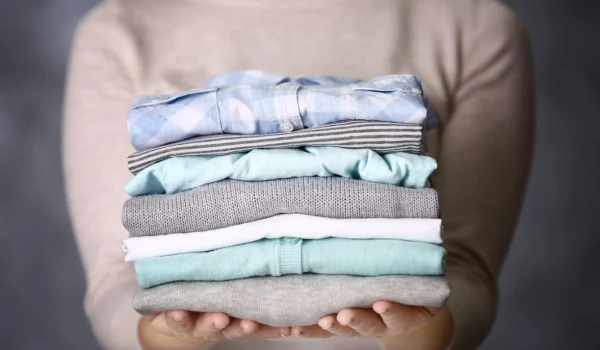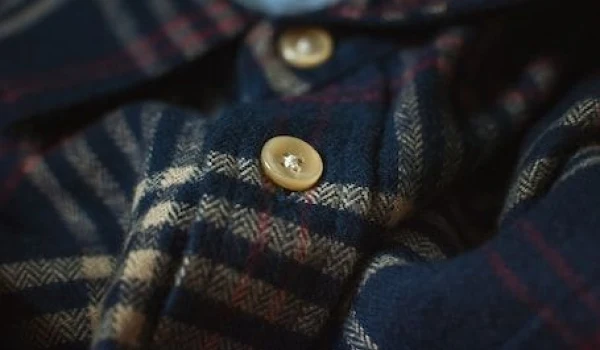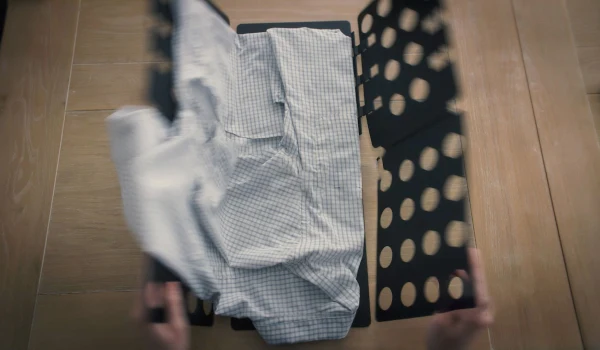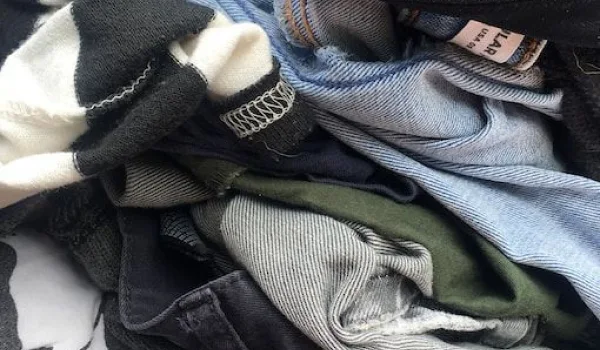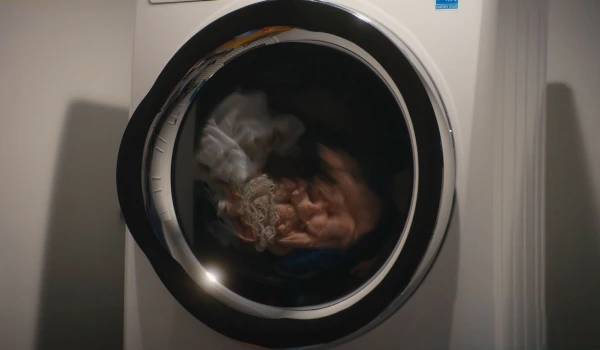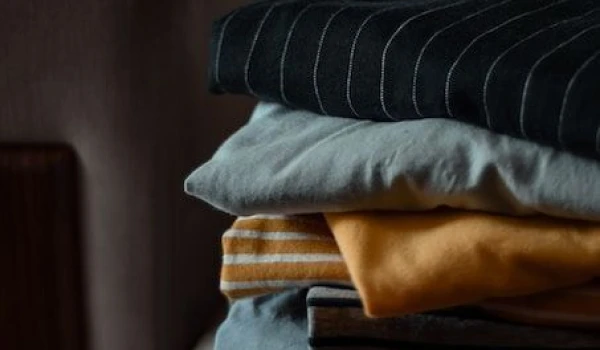How Often Should You Wash Your Sheets and Why?
Keeping your bed sheets, pillowcases, and other bedding items clean is crucial for both comfort and health. Considering that we spend nearly a third of our lives in bed, maintaining a fresh sleeping environment is essential. However, many people underestimate the importance of regularly washing their sheets, comforters, and duvet covers. This article will guide you on how often to wash these items, why it’s important, and best practices to keep your bedding clean and hygienic. And if you're a hotel or other lodging partner, check out our guide here that lists our best cleaning tips for hotels.
The General Rule: For optimal cleanliness, it’s recommended to wash your bed sheets and pillowcases at least once a week. If you have a busy lifestyle, use a comforter or duvet cover without washing it regularly, or if you have allergies, consider washing your sheets more frequently. This routine helps remove the buildup of dead skin cells, sweat, and other particles that accumulate over time. To learn more about specific bedding items, read our guides on how often you should wash your towels, comforters, or sleeping bags.
Factors Affecting Washing Frequency: The frequency of washing can vary depending on personal habits, whether you sleep with pets, and if you have conditions like asthma or eczema. Regular washing also keeps your cotton sheets, linen sheets, and other types of bed sheets in good condition, extending their lifespan and ensuring a cleaner sleep environment
Dead Skin Cells
Every night, our bodies shed millions of dead skin cells, which can accumulate on our bed sheets, comforters, and duvet covers. These skin cells provide food for dust mites, which thrive in warm, humid environments like your bed. Regular washing helps remove these dead skin cells, reducing the population of dust mites and minimizing the risk of allergies.
Dust Mites
Dust mites are microscopic creatures that inhabit bedding and feed on dead skin cells. These mites can trigger allergy symptoms such as sneezing, runny nose, and itchy eyes, and can exacerbate asthma. Washing your bed sheets, pillowcases, and duvet covers in hot water can help eliminate dust mites and their allergens.
Crumbs
Eating in bed can leave crumbs and food particles in your sheets, comforters, and mattress. These crumbs can attract insects and lead to bacterial growth, creating an unhygienic sleeping environment. Washing your bed sheets regularly ensures that your bed remains clean and free from pests.
Beauty Products Residue
If you apply lotions, oils, or other beauty products before bed, they can leave residue on your bed sheets and pillowcases. Over time, these residues can build up, potentially clogging pores and causing skin irritation. Regularly washing your sheets and pillowcases can help remove these residues, keeping your skin healthy and your bedding fresh.
Pet-Related Germs
If your pets share your bed, they can bring fur, dander, dirt, and possibly even parasites like fleas or ticks onto your sheets, duvet covers, and mattress. This not only leads to an unsanitary sleeping environment but can also worsen allergies. Regularly washing your bedding, including comforters and duvets, can help mitigate these issues and ensure a cleaner sleep space.

What Can Happen if I Don’t Wash My Sheets?
Failing to wash your sheets, pillowcases, and other bedding items regularly can lead to several negative consequences:
-
Skin Problems: Dirty sheets can lead to skin irritation, rashes, and exacerbate conditions like eczema. The buildup of sweat, oils, and bacteria can clog pores and lead to breakouts.
-
Allergies and Asthma: Dust mites and their droppings are common allergens that can trigger asthma attacks and allergic reactions. Regular washing helps keep these allergens in check.
-
Bad Odors: Sweat, oils, and bacteria can cause your sheets to develop an unpleasant odor over time. Freshly washed sheets not only feel better but also smell clean and inviting.
-
Increased Risk of Infections: Sleeping on dirty sheets increases the likelihood of skin infections and other health issues, especially if you have any cuts or open wounds. If you are sick, make sure to follow best practices of washing sheets after an illness.

Best Practices for Washing Bed Sheets
Washing your linens properly is just as important as washing them regularly. Here are some best practices to ensure your bed sheets are thoroughly cleaned and well-maintained:
Wash Your Sheets Separately
Sheets take up a lot of space in the washing machine, and washing them separately ensures that they get properly cleaned without getting tangled up in other items. If you do need to wash other items with your sheets, make sure they are lightweight and similar in color to avoid color bleeding.
Cycle Depends on Dirt
Choose the appropriate washing cycle based on how dirty your bed sheets are. For lightly soiled sheets, a normal cycle will suffice. For heavily soiled sheets or those with stains, opt for a heavy-duty cycle to ensure thorough cleaning. Always check the care label on your sheets, duvet covers, and pillowcases for specific washing instructions.
Cold or Warm Water?
While white and light-colored sheets can generally be washed in any water temperature, it's advisable to use warm water during cold and flu season to help eliminate bacteria. Dark-colored sheets should be washed in cold water to prevent fading and preserve their color. If you’re washing a duvet cover, bed sheet, or a dry sheet, always follow the care label to ensure the best results.
Treat Stains Before Washing
Pre-treat any stains on your sheets before washing. Apply a stain remover or a mixture of detergent and water directly to the stained area and let it sit for a few minutes before washing. This helps to lift the stain and ensure your sheets come out clean and fresh.
Avoid Using Fabric Softeners
Fabric softeners can leave a residue on your sheets that builds up over time, reducing their absorbency and potentially irritating your skin. Instead, consider using a cup of white vinegar in the rinse cycle as a natural fabric softener alternative. This keeps your linen sheets and cotton sheets feeling soft and fresh without the chemical buildup.
Dry on Low
High heat can damage the fibers of your sheets, leading to wear and tear over time. It's best to dry your sheets on a low heat setting to extend their lifespan. If possible, remove them from the dryer while still slightly damp to prevent wrinkles and make folding easier.

Easy, Just Schedule a Rinse!
Keeping your sheets and bedding clean is essential for your health and comfort. However, we understand that maintaining a regular laundry routine can be challenging, especially with a busy schedule. That's where Rinse comes in!
Rinse offers convenient laundry and dry-cleaning services that take the hassle out of laundry day. Simply schedule a pickup, and our friendly Valets will collect your items, have them cleaned by our expert partners, and deliver them back to your door, often by the next day. We handle everything from your everyday bed sheets and linens to larger items like comforters.
Contact us at Rinse today to see our skill in action.




